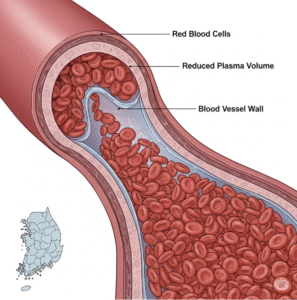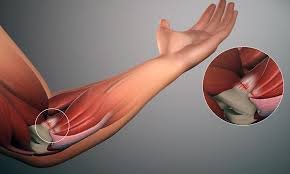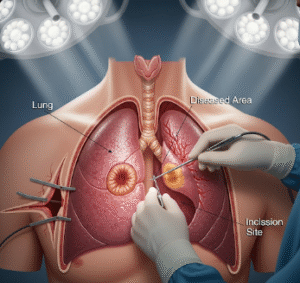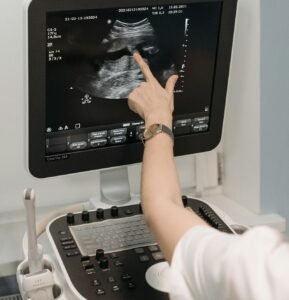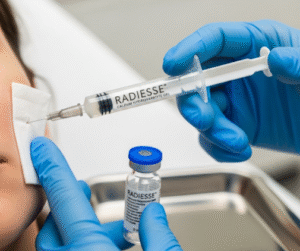Overview
Spinal cord injuries (SCI) are serious damage to the spinal cord that result in partial or complete loss of motor, sensory, and autonomic function below the level of injury. These injuries can cause paralysis, loss of sensation, and impaired bodily functions. South Korea provides advanced acute care, rehabilitation, and support services for SCI patients through specialized hospitals and rehabilitation centers.
What are Spinal Cord Injuries?
SCI occurs when trauma or disease damages the spinal cord, disrupting the nerve signals between the brain and the body. Injuries may be complete (total loss of function below injury) or incomplete (partial preservation of function). Causes include accidents, falls, sports injuries, and medical conditions such as tumors or infections.
Symptoms
- Loss of movement and sensation below the injury site
- Muscle weakness or paralysis
- Loss of bladder and bowel control
- Impaired breathing (especially with high cervical injuries)
- Spasticity or involuntary muscle contractions
- Changes in reflexes and muscle tone
- Pain or intense stinging sensations
Causes
- Traumatic injuries (car accidents, falls, sports injuries, violence)
- Non-traumatic causes such as tumors, infections, or degenerative diseases
- Spinal cord ischemia (lack of blood flow)
Risk Factors
- Young adult males (most common group)
- High-risk activities or occupations
- Osteoporosis or spinal degeneration in older adults
- Previous spinal injury or surgery
Complications
- Pressure sores (decubitus ulcers) due to immobility
- Respiratory infections
- Deep vein thrombosis (blood clots)
- Autonomic dysreflexia (dangerous blood pressure spikes)
- Urinary tract infections and kidney problems
- Psychological issues such as depression and anxiety
Prevention
- Using safety equipment such as seatbelts and helmets
- Fall prevention strategies, especially for elderly
- Safe sports practices and training
- Early treatment of spinal diseases and infections
Treatment Options in Korea
South Korea offers cutting-edge multidisciplinary care for spinal cord injury patients.
- Emergency and Acute Care
- Immediate immobilization and spinal stabilization
- Surgical decompression and spinal fixation when indicated
- Intensive care support
- Rehabilitation
- Comprehensive physical, occupational, and speech therapy
- Use of assistive technologies and mobility aids
- Bladder, bowel, and respiratory management programs
- Advanced Therapies
- Experimental treatments such as stem cell therapy and neuroregeneration research at leading centers
- Pain management clinics
- Support Services
- Psychological counseling and social support
- Vocational rehabilitation and community reintegration programs


